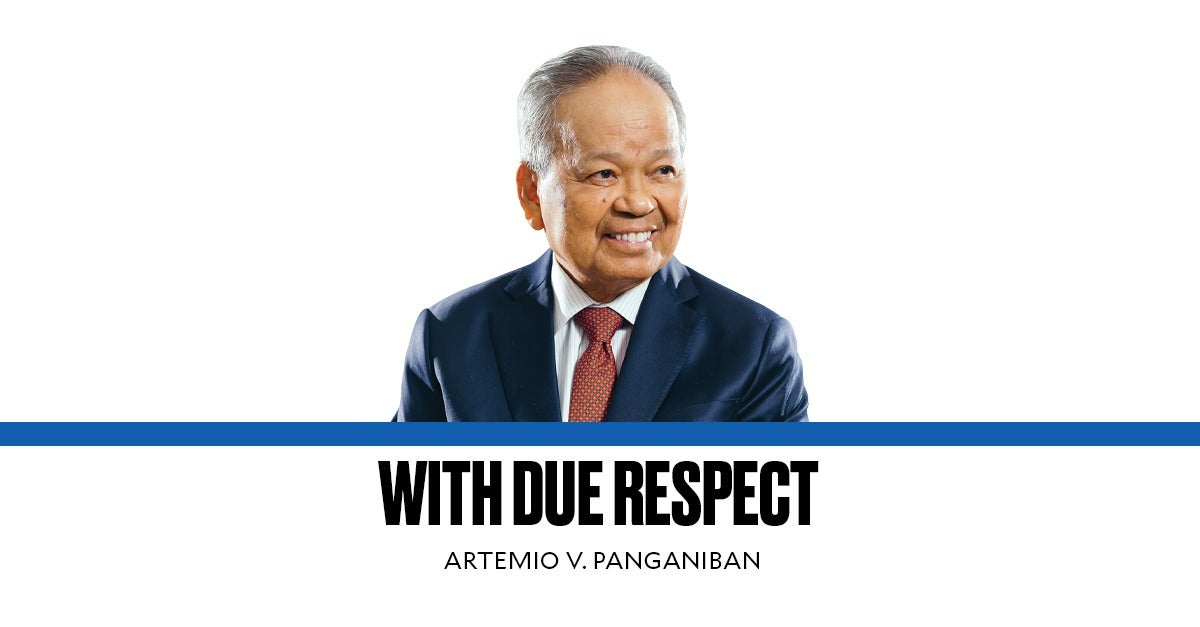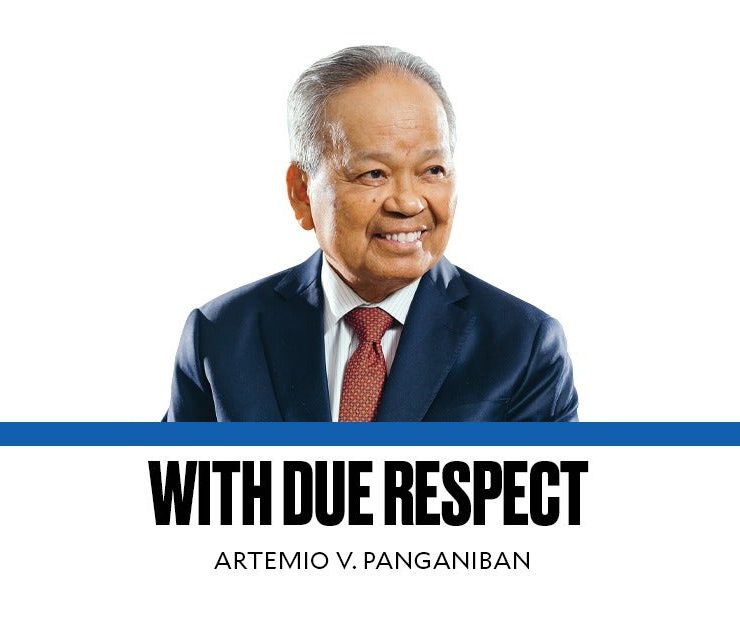A plea for the rule of law

Much has been written, broadcast, and streamed disagreeing with, nay, criticizing heavily, the unanimous decision of the Supreme Court in Duterte v. House of Representatives or HOR (July 25, 2025, per Senior Associate Justice Marvic M.V.F. Leonen, en banc, 13-0-2), declaring unconstitutional the articles of impeachment filed against Vice President Sara Duterte for violating her right to due process.
HOWEVER, THE DECISION IS NOT YET FINAL. As noted in my public statement published and broadcast on July 27, “It is still subject to a motion for reconsideration (or for clarification) by the HOR, if it so wants to file one,” as indeed, it had done so via its counsel, the Office of the Solicitor General headed by SolGen Darlene Marie B. Berberabe. Acting swiftly on the motion for reconsiderations (MR), the Court directed the petitioners to comment on the MR within 10 days, non-extendible.
Though by its terms the decision is “immediately executory,” it merely means, in my humble opinion, that the Senate Impeachment Court should desist from conducting the impeachment proceedings during the pendency of the Supreme Court litigation. In fact, that is what the Senate effectively did when it “archived” the complaint.
In resolving the MRs, the Court should, I believe, explain its position on some serious issues, especially:
(1) The Court allegedly committed serious errors of fact upon which it based its conclusion that the one-year bar for impeachments had been breached;
(2) Its decision is self-serving; it made it almost impossible to impeach and remove high officials, especially the members of the Court, contrary to the obvious constitutional intent to make it easy and simple to make our highest officials accountable for their misdeeds; and
(3) At the very least, the doctrine of operative fact should be applied because the HOR had followed the Constitution and the prevailing jurisprudence; new restrictive impeachment requirements should be reckoned prospectively to new impeachment cases, not to the current one.
Question: Is there any real hope that the decision can be reversed, modified, or clarified, given that it was unanimous? Answer: Yes. Two examples:
First: Recently, in Lopez v Lopez (April 21, 2025, per J Ramon Paul L. Hernando), the Court originally held that the general information sheet filed in the Securities and Exchange Commission—corroborated by the testimonies of witnesses—is sufficient evidence to show ownership of shares in a corporation.
However, acting on an MR, the Court reversed itself (with a dissent by J Ricardo R. Rosario) and clarified that the stock and transfer book of the corporation is the primary and official record of its stockholders. And a transfer of shares is not valid—except between the parties—until it is properly recorded in the company’s stock and transfer book.
The second is La Bugal-B’laan v Ramos. On Jan. 27, 2004, the Court en banc promulgated its well-deliberated decision, written by the esteemed former associate justice Conchita Carpio Morales, by a vote of 8-5-1, with yours truly writing the main dissent. In brief, the Court declared unconstitutional certain portions of the mining law (Republic Act No. 7942), the implementing rules, and the Financial and Technical Assistance Agreement (FTAA) executed by then President Fidel V. Ramos and a mining company.
Acting on an MR, the Court called for oral argument, though the original decision had already gone through the normal court processes (comment from respondents, reply from the petitioners, and memoranda from the parties).
On Dec. 1, 2004, the Court reversed itself via a resolution declaring valid and constitutional the mining law, the implementing rules, and the FTAA by a more decisive vote of 10-4-1. I wrote the resolution with spirited dissents from former justices Morales and Antonio T. Carpio. Subsequent MRs were denied with finality by the same vote.
If the Court could reverse itself completely, so can it modify or clarify its decision.
IN THE PRESENT IMPEACHMENT CASE, I will not preempt what the Court’s decision should be. I leave that to the better judgment of my incumbent brethren. All I humbly ask—and expect—is their openness to rethink and to change their stance if convinced by their conscience.
Moreover, it is also my hope that the case will be set for oral argument so the justices and the public would become more familiar with the facts and the applicable constitutional and legal provisions. Then, the parties should—again in my humble opinion—be required to file their respective memoranda, something not done in the original decision.
To reiterate my July 27 public statement, “if the Court had patiently heard oral argument on less important problems like the recognition of foreign divorces and the PhilHealth petitions, why not on this monumental case? In the least, if only to accord respect to a coequal branch of the government, the HOR, I would—if still an incumbent—call for oral argument and thereafter, memoranda from all parties, before making up my mind and casting my vote.”
Thereafter, once all these due process and normal procedures are undertaken, I believe everyone should respect and accept any decision the justices may promulgate—whether we agree with it or not. That is simply the rule of law in our democracy.


















